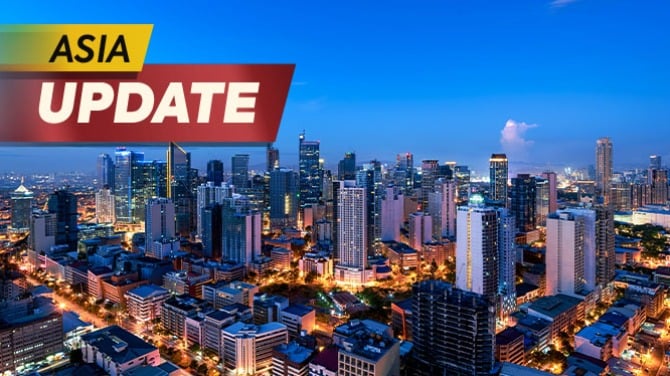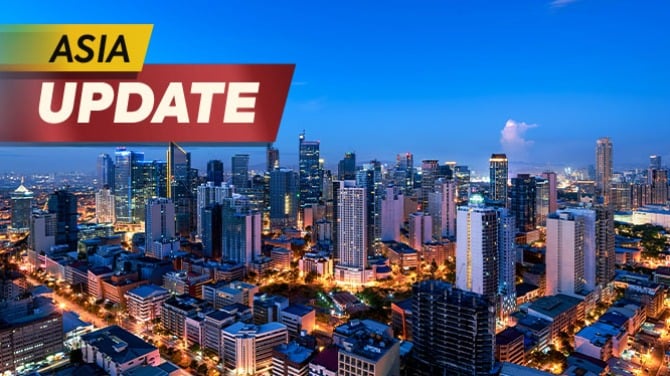 Listen To Article
Listen To Article
The POGO ban announced by President Ferdinand Marcos in his third State of the Nation Address (SONA), while popular and fully supported by the people and most of the representatives, some have voiced out concerns regarding potential revenue loss and the possibility of the ban making it harder to track and monitor existing POGOs in the future.
After the President’s announcement, House ways and means committee chairman and Albay 2nd district Rep. Joey Salceda had hoped that the government would consider an option in banning the POGOs without affecting IGLs, the latter which provided employment and contributed to state revenue via tax.
PAGCOR’s chairman and CEO Alejandro Tengco said he would comply with the President’s directive but also state the loss of potential revenue, projected to around PHP7bn from its IGLs. Tengco also said that the ban “would make it harder to monitor IGLs and would increase the number of illegal operators,” which would become “a bigger headache” to law enforcers. The ban would result in revenue loss without any guarantee that illegal activities would stop, he reiterated.
National Economic and Development Authority (NEDA) Secretary, Arsenio Balisacan however disagreed with Tengco’s statement, stating that the POGOs contributed “less than one half of one percent” to the nation’s gross domestic product (GDP), saying that the risks (which include bad reputation, criminal association) far outweigh whatever benefits they bring.
Regarding the loss of job and income of locals employed by the POGOs and IGLs,
“If we need to upskill and reskill them, that’s the job of our agencies, particularly DOLE, CHED (Commission on Higher Education) and other agencies to provide this training as they transition to these new jobs,” he concluded.



